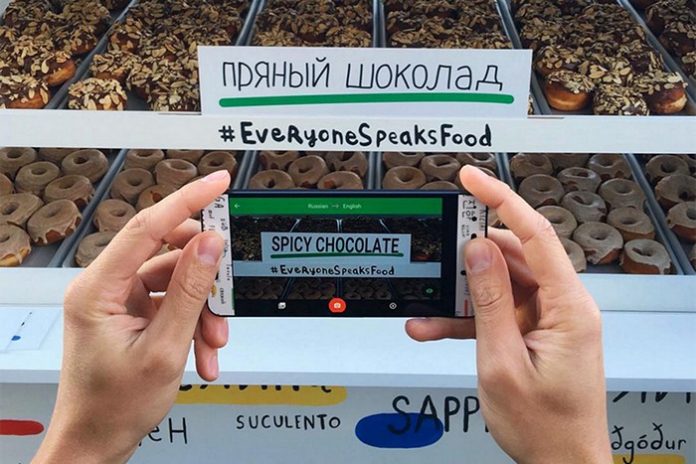The free online encyclopedia Wikipedia, which aims to make the world’s knowledge accessible to everyone, has for long been stymied because most of its pages are in English. To overcome this shortcoming, the Wikimedia Foundation announced last week that it was partnering with Google to take advantage of the search giant’s translation proficiency built on Artificial Intelligence (AI).
Google Translate will be integrated into Wikipedia’s in-house translation tool at no cost, and will complement the existing open-source translator Apertium, which has been used to translate some 400,000 Wikipedia articles to date. In both cases, the software will do the first step in translating the article before a human editor proofs the document to correct any mistakes.
Wikipedia editors have been asking for access to extra translation tools like Google’s for a while. Google’s software is widely acknowledged as some of the world’s most advanced, thanks inlarge measure to the company’s AI prowess and the fact that it can translate in 15 more languages than Apertium.
While the extra languages may not be the most popular, such as Zulu, Hausa, Kurdish and Yoruba, that does not diminish their importance to the people who speak them. For instance, while there are around 12 million people who speak Zulu, there are only about 1,000 Wikipedia articles available in that language.
In answer to questions by some editors on the partnership with Google, the Wikimedia Foundation made clear that no personal data is shared with Google, and that the translated content will still be freely available under a creative commons license like all Wikipedia articles. Moreover, the Foundation clarified that there will be no Google branding added to the site as a result of the deal, which is valid for only a year. The Foundation also has the option to terminate the deal at any time or reevaluate at the end of the one-year period on whether to continue with the deal.
More importantly, all translations generated in this way will be freely available to the public and as such could be used to improve other translation tools. Since the aim of the Foundation is to make the world’s knowledge freely available to the greatest number of people, it helps to empower people to spread that knowledge.
On a related note, Google revealed last week that it was introducing a new feature to its Search function that could make research on a specific topic easier over a long period of time.
Called Activity Cards, the feature provides access to your past search history on a specific subject right at the top of your search results, as long as you are signed in to your Google account. This would make it easier to continue researching a specific topic, said a Google communique on Activity Cards.
You will be able to remove items from your Activity Cards, as well as turn off the feature if you do not wish to use the service. Pages you have visited before can be saved into a collection so you can quickly access them later by navigating to the menu on the top left corner of the results page, or at the bottom of the Google app.
Activity Cards are already available on Google’s mobile website and via its English-language US apps. An international rollout has yet to be announced.

















